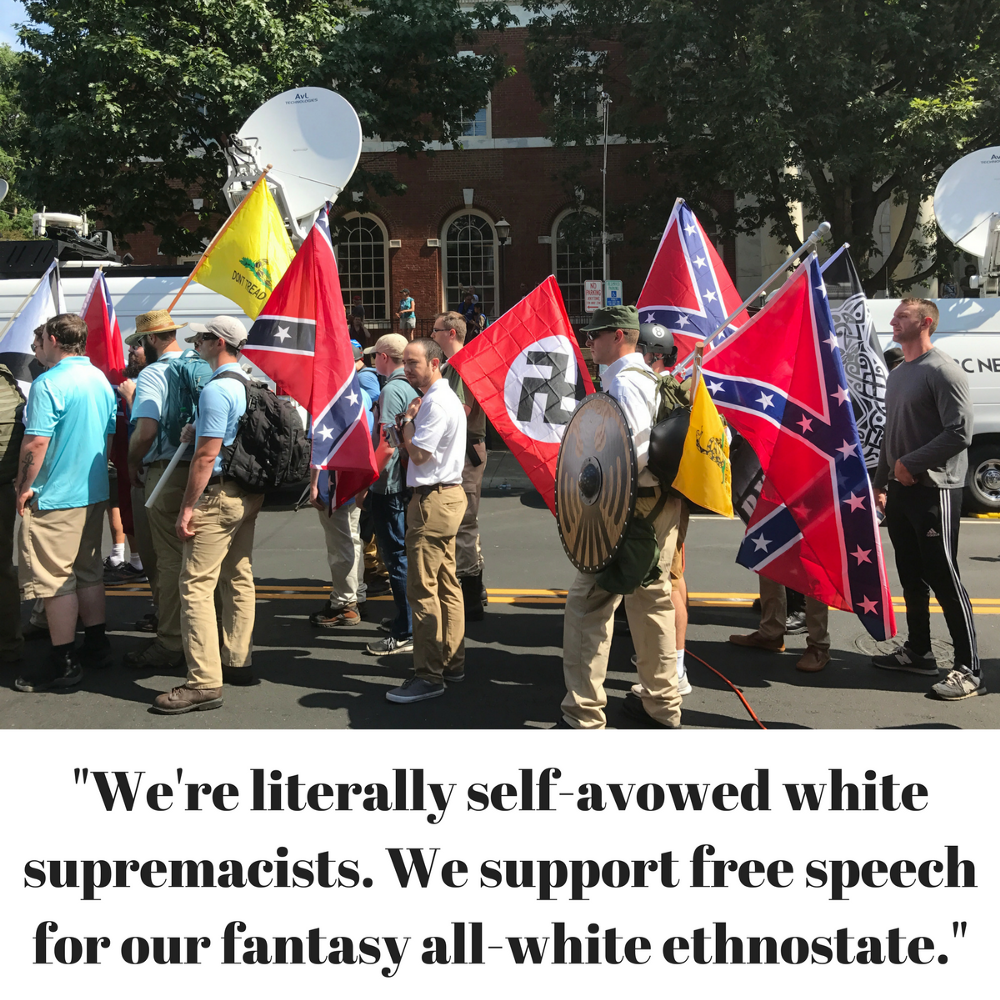I’ve written extensively on gun violence, spoken on international TV and radio on the subject, and even pursued a gun license in the strictest city of one of the strictest states in the country. Despite my first-hand experience, the most ardent defenders of the Second Amendment will still tell me things like, “We don’t need more laws! We need to enforce the laws on the books!” or “We can’t stop every shooting because that’s just the price of freedom.” However, those #2A Avengers will still acknowledge that yeah, okay, maybe NICS has some problems, or maybe those Parkland cops should have done something earlier — that is, until they swiftly retreat back into the same tribalistic mindsets that always prevent human progress. But maybe, just maybe, we can find more common ground.
Naming something gives you power over it.
That’s the basic idea behind all the magic in every folktale dating back for centuries, from “Rumpelstiltskin” to the Rolling Stones’ “Hope you guessed my name.” Ancient shamans didn’t practice “magic”; they just had knowledge, and names for things like “eye of newt” that no one else could understand. To name something is to know it, and knowledge is power. Think about the relationship between “spelling” and “spells” and you won’t be so surprised that Harry Potter has been all over the gun violence conversations lately, on both the Left and the Right—which makes sense, considering that they have a word you memorize and practice reciting in order to kill people.
But when we talk about gun violence—or gun control, or gun reform, et cetera et cetera ad nauseam—we’re all too busy tripping over words to see the problems that we’re trying to address. And no, I’m not talking about “gunsplaining,” or even about the eye-roll-inducing “assault weapon” terminology (which is a distinction that I have come to understand and appreciate, and also a debate that is nothing but distracting on every single side of it). It’s hard to deny that gun violence is a problem in the United States of America, but it’s in our attempts to name that problem where we start to lose our footing, and thus, our focus (and I know a thing or two about focus). Perhaps if we learned to name the individual issues of gun violence that need to change, then we can start to identify specific solutions — one at a time, without infringing on civil rights or liberties. Then maybe then we could have some real conversations about how to make our society safer.












